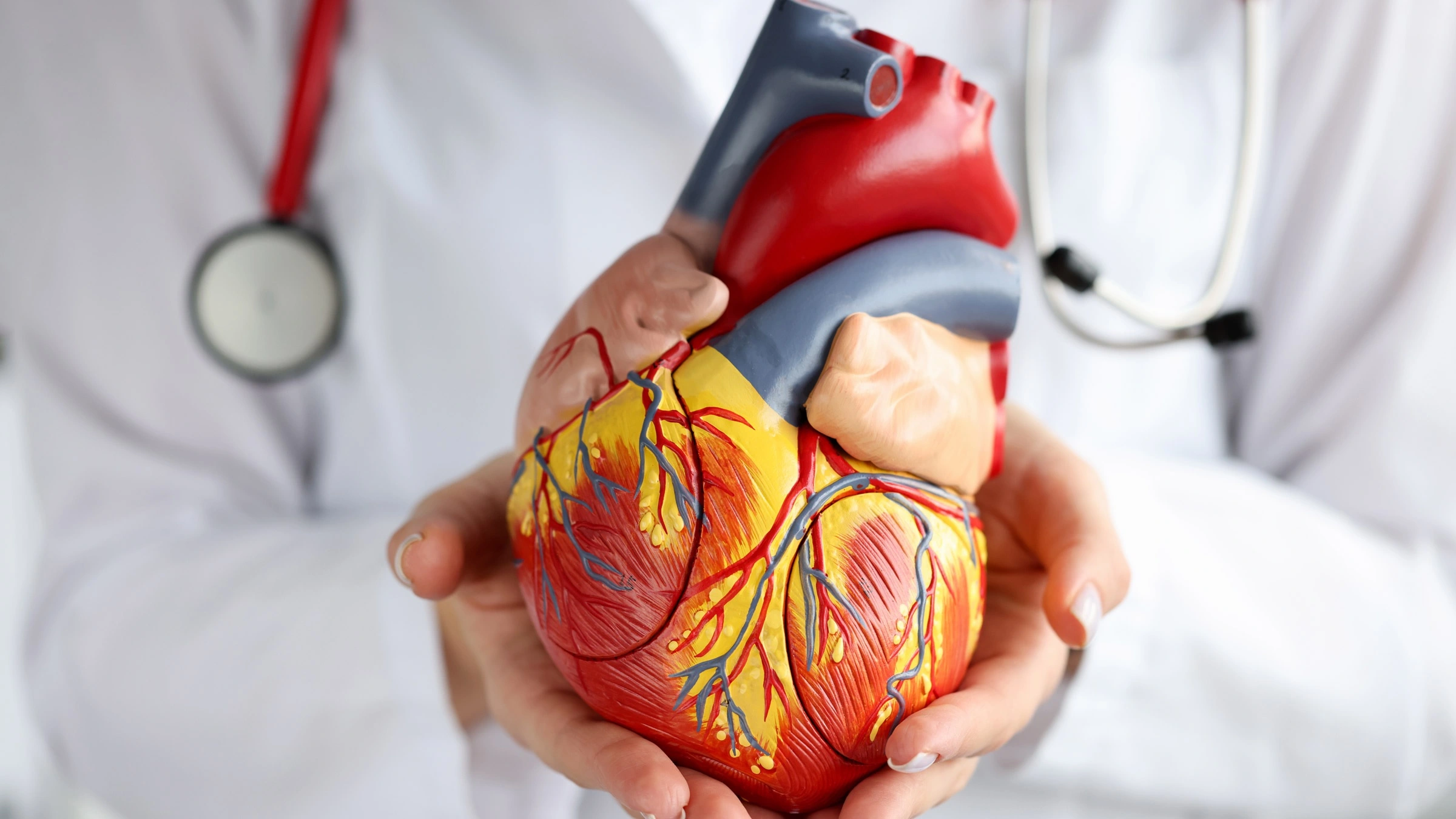
Cardiology is the medical specialty focused on the heart and blood vessels. Cardiologists diagnose, treat, and prevent diseases like coronary artery disease, heart failure, arrhythmias, and hypertension.
Key areas of cardiology:
- Diagnosis: Clinical evaluation, diagnostic tests.
- Treatment: Medical management, interventional procedures, surgical interventions.
- Prevention: Risk assessment, lifestyle modification, screening programs.
- Research and education: Clinical research, patient education.
Common conditions managed:
- Coronary artery disease
- Heart failure
- Arrhythmias
- Hypertension
- Valvular heart disease
- Congenital heart disease
- Cardiomyopathy
- Pericarditis and endocarditis
- Peripheral artery disease
Diagnostic tools and procedures:
- Electrocardiogram (ECG/EKG)
- Echocardiogram
- Stress testing
- Holter monitoring
- Cardiac catheterization
- Coronary angiography
- Cardiac MRI and CT scans
- Blood tests
Treatment modalities:
- Medications (antihypertensives, antiarrhythmics, anticoagulants, statins, diuretics, beta-blockers, ACE inhibitors)
- Interventional procedures (PCI, pacemaker implantation, ICD, catheter ablation, TAVR)
- Surgical procedures (CABG, heart valve repair/replacement, heart transplantation)
- Lifestyle and preventive measures (diet, exercise, smoking cessation, weight management, stress reduction)
Subspecialties:
- Interventional cardiology
- Electrophysiology
- Pediatric cardiology
- Heart failure and transplant cardiology
- Preventive cardiology
- Cardiac imaging
Role of cardiologists:
- Patient assessment
- Diagnosis and management
- Collaboration
- Follow-up care
- Research and education
Importance of cardiology:
- Global impact
- Quality of life
- Advancements
Overall, cardiology plays a crucial role in improving cardiovascular health and reducing the burden of heart disease.
Would you like to know more about any specific aspect of cardiology?
